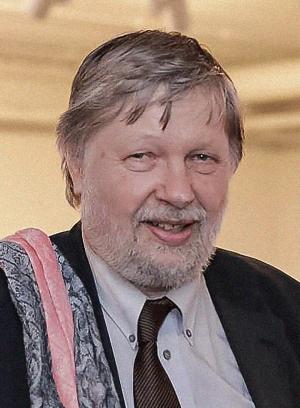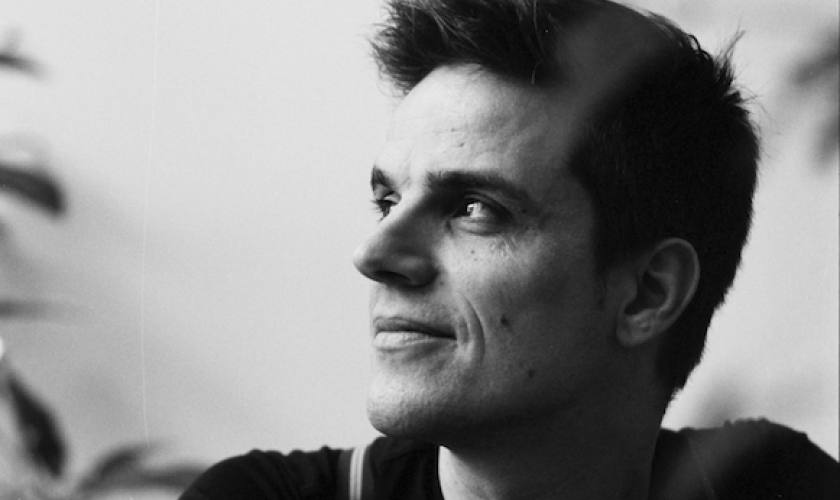LEUVEN - The world of film history has lost one of its most dedicated and pioneering scholars with the passing of Guido Convents on September 11, 2025. A Belgian historian and anthropologist whose work illuminated corners of cinema history too often left in shadow, Convents devoted his life to documenting and preserving the film heritage of Africa, with particular emphasis on the colonial and post-colonial experiences of Portuguese-speaking nations and the former Belgian territories.
Born in 1956, Convents pursued his education at the Catholic University of Leuven and the Faculty of Letters in Lisbon, a dual foundation that would prove instrumental in shaping his unique scholarly perspective. His academic training bridged European and Lusophone worlds, enabling him to approach African cinema with both rigorous methodology and cultural sensitivity—a combination that would define his career.
For over four decades, Convents championed the study of non-Western cinema at a time when such scholarship was often marginalized. His work spanned an impressive range, from the earliest days of cinema in Belgium (1894-1914) to the complex dynamics of film during the First World War, with particular attention to German occupation policy. Yet it was his groundbreaking research on African cinema that established him as an irreplaceable voice in film historiography.
His 2006 magnum opus, Images et démocratie. Les Congolais face au cinéma et à l'audiovisuel, traced the political and cultural history of cinema in the Congo from the Belgian colonial period through to the Democratic Republic of Congo. This work exemplified Convents' approach: meticulous historical research combined with a deep understanding of how cinema shapes and reflects political and social realities. The book remains essential reading for anyone seeking to understand the complex relationship between colonialism, independence, and visual culture in Central Africa.
Perhaps nowhere was Convents' determination to uncover hidden histories more evident than in his work on Mozambican cinema. When Portuguese journalists told him in 2006 that Mozambique had no significant film culture or production, he took it as a challenge rather than a fact. His subsequent research not only revealed a rich and dynamic film culture but also uncovered one of the oldest films made in Mozambique—a Belgian production from 1920 by Liège filmmaker Ernest Gourdinne. This discovery epitomized Convents' gift for revealing the unexpected connections that bind global cinema history together.
His comprehensive study of Mozambican film, published in Portuguese as IMAGENS & REALIDADE in 2011, ran to 670 illustrated pages and covered more than a century of audiovisual history. According to the Mozambican film community, this work represented pioneering scholarship that brought together journalism and history to create an invaluable record of their national cinema. With support from the Pascal Decroos Fund, Convents conducted extensive fieldwork, interviewing numerous filmmakers and producers, ensuring that contemporary voices were woven into the historical narrative.
Throughout his career, Convents published seven books on African cinema, each contributing to a more complete understanding of how film has served as both a tool of colonial power and a means of emancipation and self-expression for African peoples. His scholarship consistently demonstrated how Africans adopted cinema for their own purposes, using it as an instrument of social development and cultural assertion.
Beyond his academic work, Convents served as a journalist for the World Catholic Association for Communication (SIGNIS) in Brussels and, since 1996, as president of the Afrika Filmfestival in Leuven. In these roles, he worked tirelessly to bring African cinema to European audiences and to create platforms for cultural exchange and understanding. His lectures across Africa and Europe inspired a new generation of scholars to take seriously the study of non-Western cinema.
Guido Convents possessed that rare combination of scholarly rigor and humanistic passion. He understood that cinema history is never just about films—it is about people, power, resistance, and dreams. His work on the biography of Dominican priest Félix Morlion, his studies of cinema and Catholicism, and his investigations into the history of fairs and annual markets all reflected this fundamental insight: that visual culture is inseparable from the social and political contexts that produce and consume it.
In an academic world that often privileges the cinema of Europe and North America, Convents stood as a powerful advocate for the stories told by and about the Global South. He recognized that the history of cinema in Africa was not peripheral but central to understanding the medium's global development and impact. His insistence on this point—backed by decades of meticulous research—has permanently altered the landscape of film studies.
As we mourn the loss of Guido Convents, we also celebrate a life dedicated to expanding our understanding of world cinema. His legacy lives on in the countless documents he preserved, the histories he uncovered, the students he inspired, and the bridges he built between continents and cultures. The film communities of Mozambique, the Democratic Republic of Congo, Rwanda, and Burundi have lost a champion; the field of film history has lost a pioneer; and the world has lost a scholar who understood that every nation's cinema tells a story worth preserving.
Guido Convents showed us that film history is not the privilege of a few dominant cultures but the shared heritage of humanity. In remembering him, we commit to continuing his work: uncovering hidden histories, amplifying marginalized voices, and insisting that the full story of cinema—in all its global complexity—be told.
Photo: © Blitz163 via Wikimedia Commons



